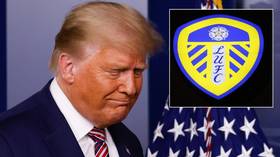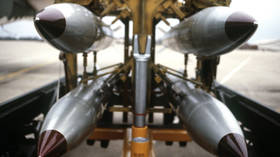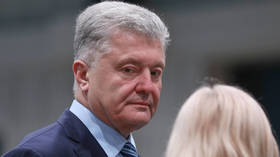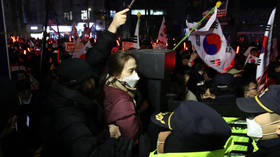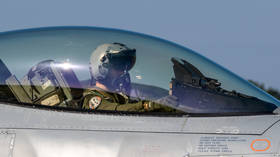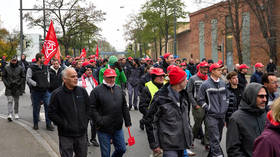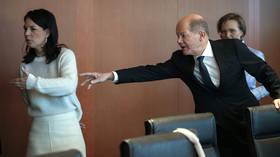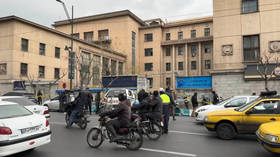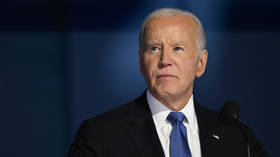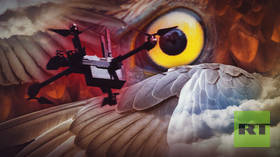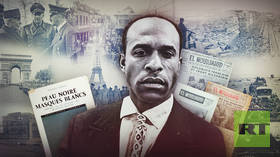Forget the cocaine, the mafia, the hookers. Diego Maradona should be remembered for his football, not his flaws
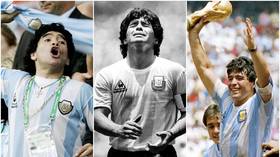
Diego Maradona was a leader, an icon adored and respected by millions. Troubled and blessed in equal measure, he is the last of the great football mavericks to depart us, and should be remembered for his football, not his flaws.
Diego Armando Maradona was just eight years old when he was spotted by a scout from Argentinos Juniors, the famous team from Buenos Aires. He had been playing for Estrella Roja, the local side in the poor shanty town neighborhood of Villa Fiorito he called home, on cracked and dusty pitches that resembled road maps more than they did playing fields.
READ MORE: Diego Maradona dead: Argentinian football legend passes away aged 60
On his first day of training, an Argentinos Juniors coach was unconvinced that the raw talent of the slight, dark-haired boy matched up to his age. “We asked him for his ID card so we could check it, but he told us he didn't have it on him,” trainer Francisco Cornejo would retell the tale years later.
“We were sure he was having us on because, although he had the physique of a child, he played like an adult. When we discovered he'd been telling us the truth, we decided to devote ourselves purely to him.”
For the rest of Maradona’s adult life, that story would become a metaphor for his character. That little boy would never leave him and from the slums to the summit of world football, Maradona personified childlike confidence, joy, and mischief out on the pitch. He was called 'El Pibe de Oro', or 'The Golden Boy' for more reasons than one.
No one could have foreseen what that flop-haired, dark-skinned boy would become: a hero adored by legions of football fans, his face adorning the labyrinth of city streets from back alleys to the major buildings of Buenos Aires, his image becoming so widespread that it eclipsed another Argentine hero, Che Guevara, whose portrait incidentally was inked onto Maradona’s upper arm.
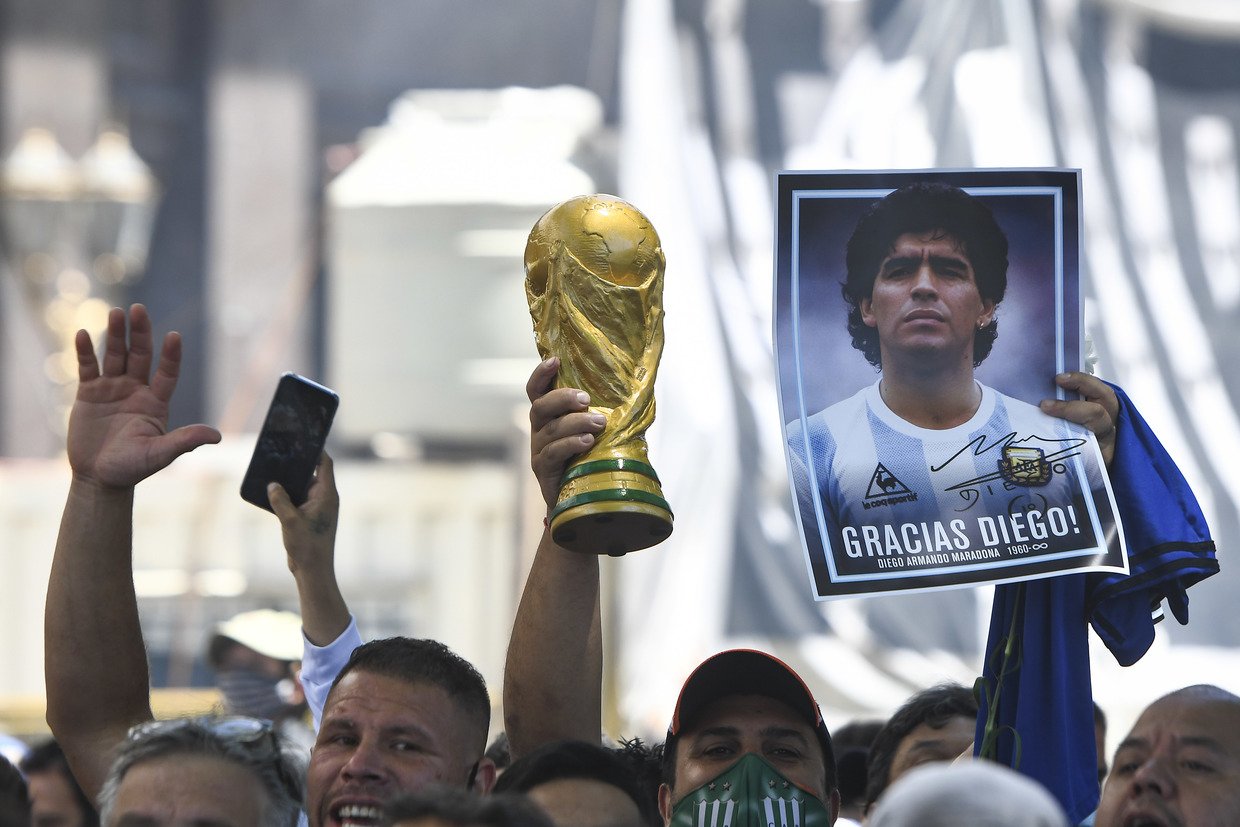
Guevara and Maradona were both fiercely single-minded, charismatic and natural leaders. The former’s decline amid Maradona’s meteoric rise in popularity was hastened by the nation’s political landscape. The late '70s and early '80s in Argentina was dogged by a dirty war and a deadly dictatorship overseen by a military junta headed by Jorge Rafael Videla.
Diego was the antidote; a carefree kid on the field, his freedom unshackled a country from worry and war, and his journey to lift his people's nation from despair began on its capital’s battered and torn pitches.
Maradona made his Argentinos Juniors debut 10 days before his 16th birthday, nutmegging an older player to mark his arrival and eventually catching the attention of the famous Boca Juniors across town. But the Argentine capital couldn’t contain Maradona and eventually he moved to Europe when Barcelona paid a £5 million ($7.6 million) world record fee for his services.
His time at Barcelona was curtailed by injury and in-fighting with the board, and bad behavior on the pitch, one time headbutting and elbowing two players before knocking one unconscious during a brawl as the 1984 Copa del Rey final with Athletic Bilbao played out in front of Spain’s King Juan Carlos I.
RIP Diego pic.twitter.com/9oBj708xOd
— When Football Was Better (@FootballInT80s) November 25, 2020
All you need to watch. The skill... the freedom.. the joy... what a player. #maradonapic.twitter.com/3GxWrJC4lQ
— Piers Morgan (@piersmorgan) November 25, 2020
Although he won three domestic cups at Barca, he was sold to Italian strugglers Napoli at the end of that year, two years after arriving in Catalonia, for another world record fee of £6.9 million ($10.48 million). In Naples, he became a god, winning two Serie A titles and a UEFA Cup, but his best exploits came on the international stage as the captain of the national team.
READ MORE: Lionel Messi shares tribute to 'eternal' Diego Maradona after death of Argentina icon
Maradona once said he felt “as if he held the sky in his hands,” and in the white and sky blue of Argentina that's where he elevated those around him. His aura and influence was such that he hauled Argentina to a World Cup victory at Mexico ‘86 almost quite literally single-handed.
In the tournament quarterfinals, his ‘Hand of God’ goal against England, where he rose to stab the ball with his fist over a sluggish and onrushing Peter Shilton in the England goal into the net has been immortalized in football folklore for its embodiment of the darker arts of the game.
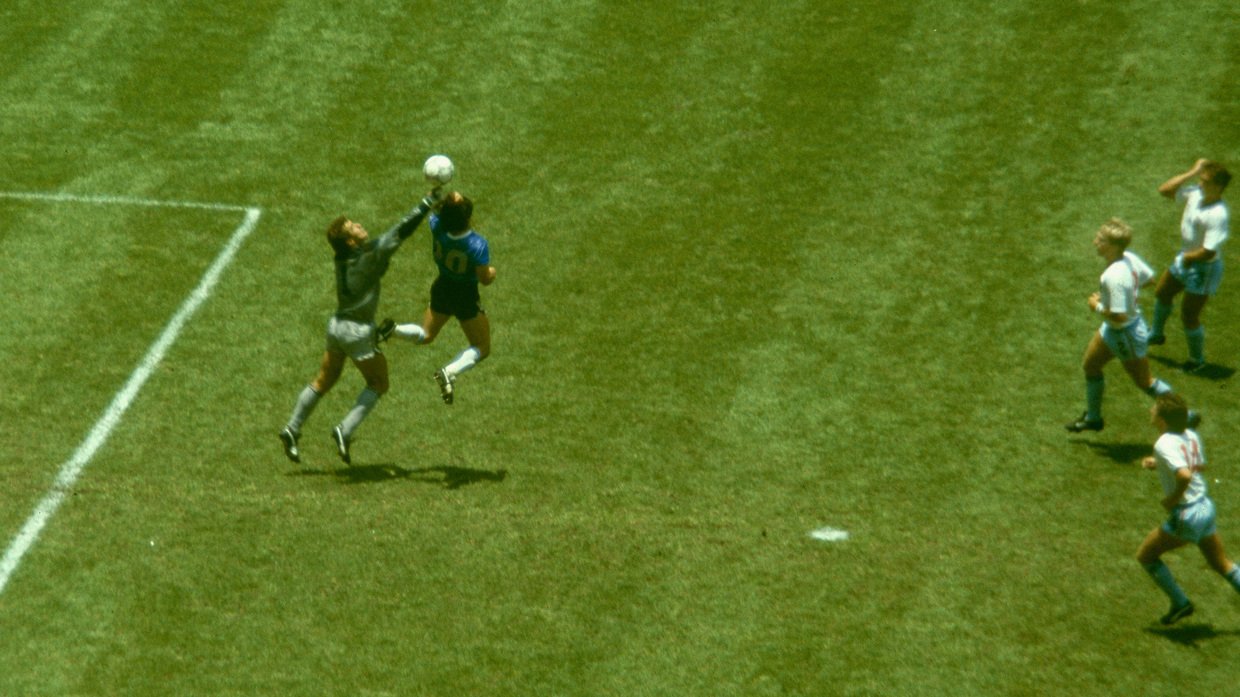
The England team and the rest of the watching world screeched in unwitting unison at what they’d seen. Only the referee had not spotted the diminutive Maradona punch the ball into the net, and, in the absence of any infraction on play to award a foul, signaled a goal.
The opposition were apoplectic, Maradona impish and ecstatic as he whirled away to celebrate with his team, jumping and throwing his fist into the air as if mimicking his deception moments earlier like a school kid mocking the teacher to his classmates and getting away with it.
Such is the legend of that goal, it has overshadowed the genius of what happened just four minutes later, when Maradona picked up the ball in his own half and pirouetted to set himself free from two England midfielders. His legs, pulsing like pistons, powered the Argentine number 10 through the opposition half down the right flank, where he carved a route inside with his wondrous left foot past another player, like a burglar unpicking a lock. The England defenders didn’t know which way he’d turn and even if they did it wouldn’t have mattered; Maradona was a player who had you at his mercy.
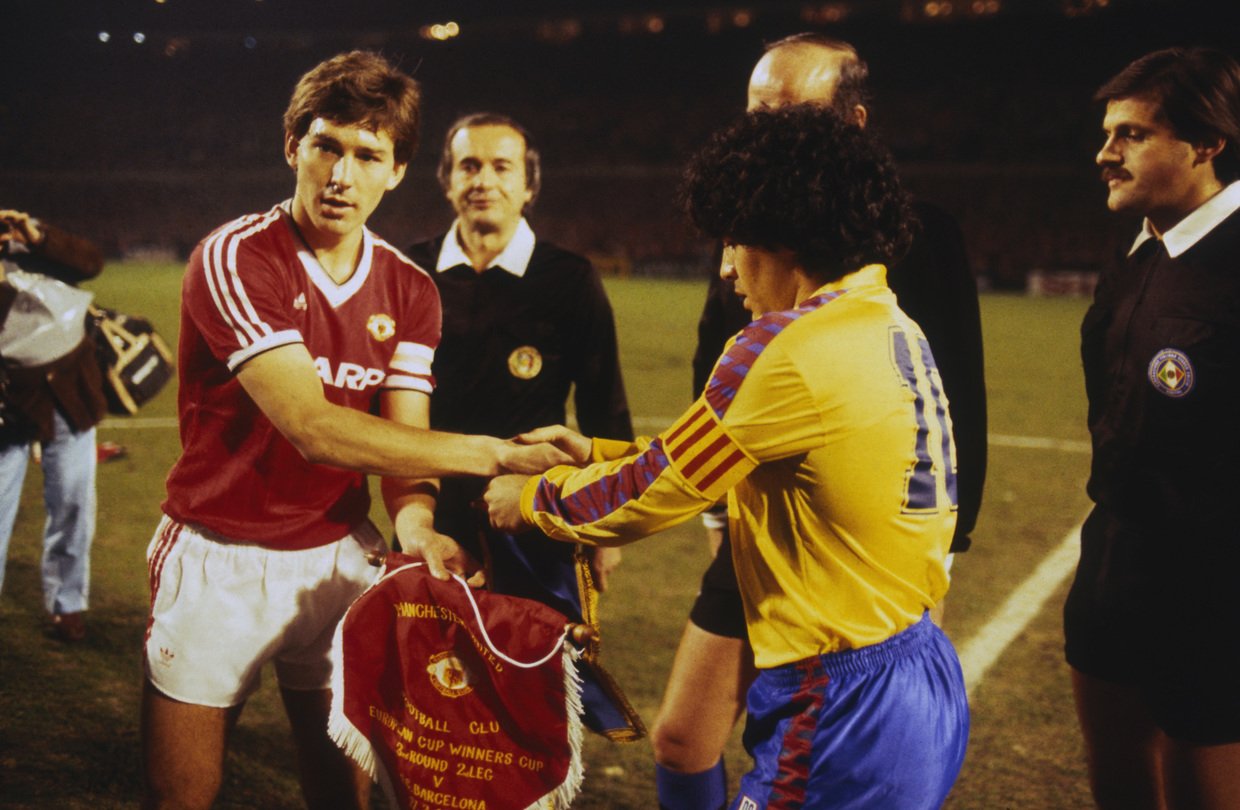
Leaving another defender for dead, he galloped into the box, and with a split-second shake of his foot, sold the sweetest of dummies to Shilton before coolly passing the ball into the net. The final move to deceive the goalkeeper with sheer skill rather than skulduggery was the ultimate stamp of dominance.
It was like a heavyweight boxer landing a knockout punch right on the button: it left observers in a stunned state of awe; those on the receiving end not knowing what had hit them. This time there were no complaints, no arguments, no frantic looks over the shoulder to check if the referee was wise to his underhandedness. It was poetry in motion and magic, and every cliched superlative in between. It was ‘The Goal of the Century’.
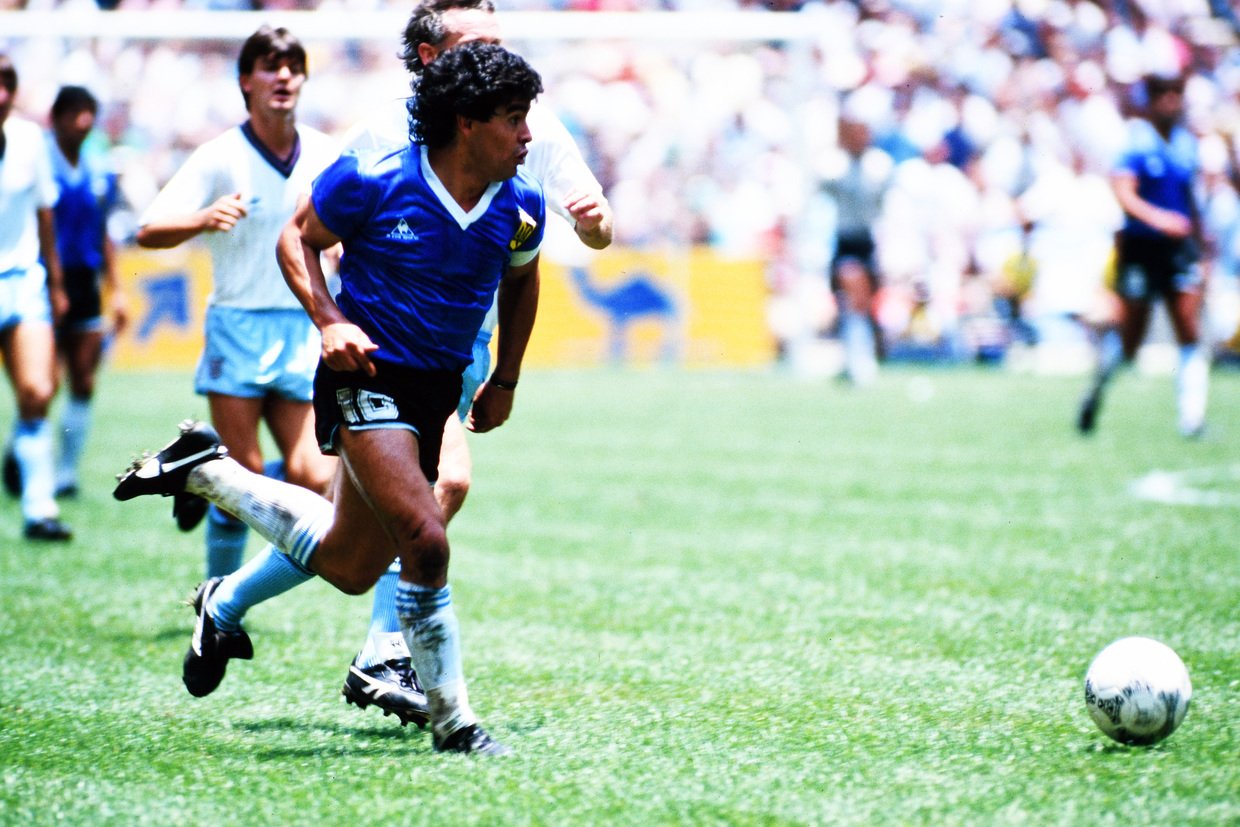
That was Maradona: capable of the divine and the devious, never quite finding the careful balance between either and instead becoming an equally adept master of each craft.
Another two Maradona goals against Belgium in the semifinals, this time scored legitimately, landed Argentina in the final, where they were victorious over West Germany. Diego had delivered the World Cup, alleviating a nation from its darker recent history.
As a man and player, Maradona's flair on the pitch was rivaled only by his flaws off it. Diego had the capacity to raise hell, and his demons were only ever too happy to answer the call. Under the neon lights of Naples, the hooks of drug addiction dug themselves deep into the kindred spirit that had made him a star and began to drag him into darkness and debauchery.
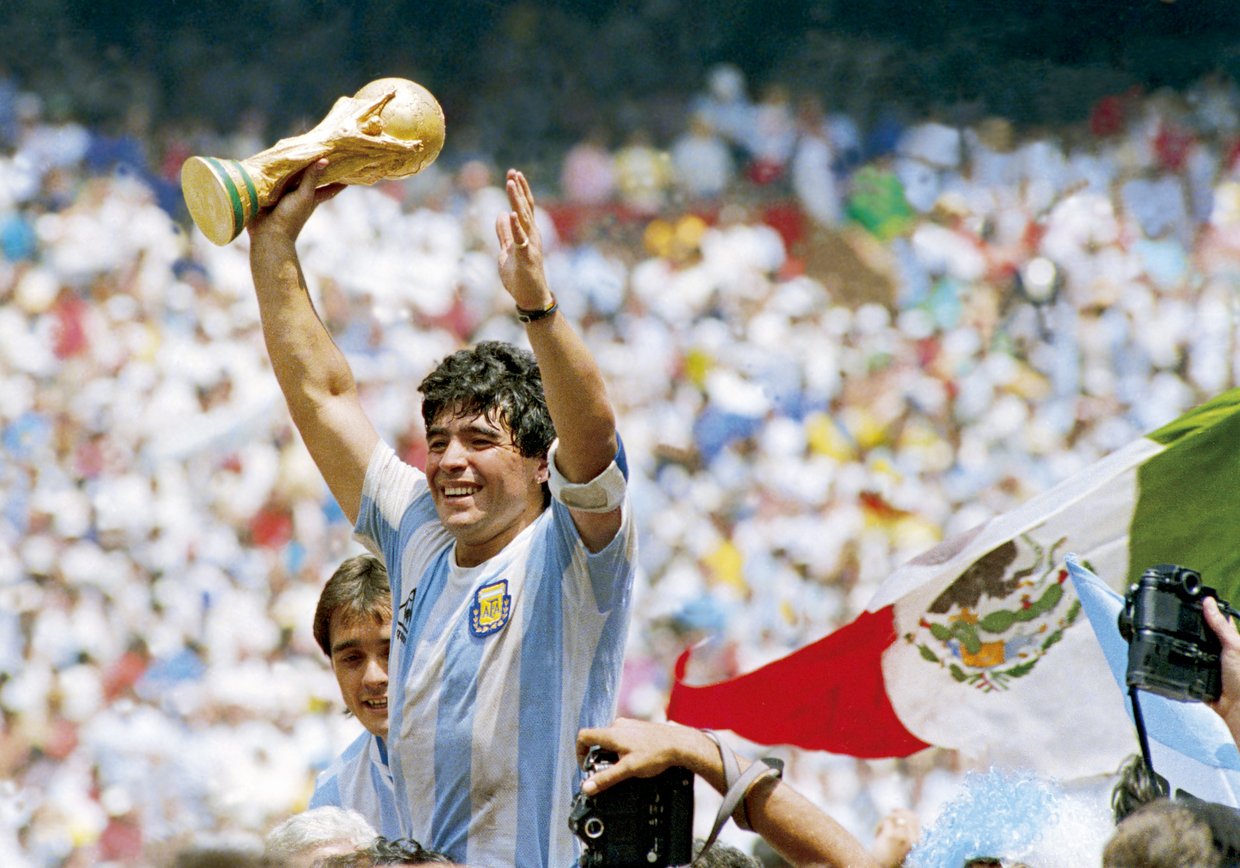
The parties, the booze, the drugs, the prostitutes. They were the fruits of his labor of love on the pitch, and Maradona was all too happy to gorge himself on them. Things came to an ugly head when he was sent home in disgrace from the USA ‘94 World Cup after testing positive for cocaine, his wild-eyed celebrations after scoring a firecracker against Greece was the giveaway, and it would ultimately become his last goal for La Albiceleste.
His addiction began years before. There were stories of mafia meetings, being in the company of Camorra clan killers and drug kingpins in Neapolitan nightclubs, where he sunk ever further into the seductive life of vice. Sadly those moments would come to define Diego the man all too often.
At the Russia 2018 World Cup he made headlines again for his wacky, emotional behavior from the VIP spectator seats, and rumors of clandestine drug use circulated widely around social media among fans.
Many were saddened that the tendencies and weaknesses of that little boy still ruled the once giant of a man and made him a source of amusement among those not old enough to remember his glorious golden years. But the innocence still endeared them.
However he decided to live, Maradona’s flaws are what made him such a compelling character. It was once said that there was “nobody bigger or smaller” than Maradona in world football. True, he was tiny in height, but his barrel chest and hulking thighs were not physical attributes gifted to the mere sidekicks to the Diego show on the pitch; his personality and influence would also consume matches, tournaments, even entire nations.
Maradona was larger than life and that life that pulsed through his veins was rich with an air of invincibility but also the most delicate human fragility. His animalistic appetite to enjoy every moment is also perhaps what precipitated an untimely death at the age of only 60, the result of a heart attack after a brain bleed just a fortnight before.

The football landscape will be darker with the loss of its coruscating talent Diego Armando Maradona. At the height of his success at Napoli, football-mad locals hung a homemade banner on the wall of a graveyard that read: “You don’t know what you missed.”
Now the player himself is on the other side of that poignant wisecrack, the irony is that he’ll never know how much the football world will miss their brightest, most brilliantly precocious star. As he is laid to rest, let us remember him for his football, the flaws aren't ours to judge.



